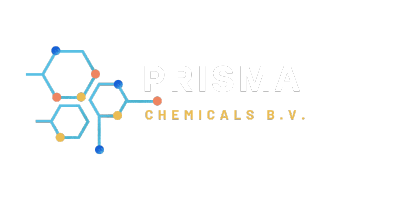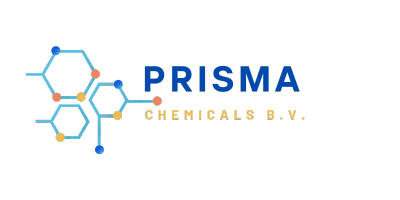Lichtenauerlaan 102/120 3062ME Rotterdam Netherlands

In a world grappling with waste management challenges, the chemical industry has unveiled a groundbreaking solution that promises to revolutionize how we approach waste. The latest news in the chemical industry introduces a transformative process that turns waste materials into valuable resources, marking a significant step towards a more sustainable future.
Turning Waste Streams into Raw Materials
A consortium of researchers, scientists, and industrial experts has developed a pioneering method that harnesses advanced chemical processes to convert various waste streams into raw materials for further use. This innovative technique targets a wide range of waste materials, including plastics, electronic waste, and industrial byproducts, and transforms them into feedstocks for the production of new materials.
The Process in Action
The process involves a combination of pyrolysis, chemical reactions, and advanced separation techniques. Waste materials are subjected to controlled thermal decomposition, breaking them down into simpler components. These components are then carefully treated to remove impurities and contaminants. What emerges from this intricate process are valuable building blocks that can be incorporated into the production of plastics, chemicals, and even fuels.
Benefits for the Environment and Industry
This breakthrough offers a multitude of benefits that address both environmental concerns and industrial needs:
- Waste Reduction: By converting waste materials into usable feedstocks, this solution significantly reduces the amount of waste destined for landfills and incineration.
- Resource Conservation: Traditional raw materials, often derived from fossil fuels, are conserved as waste materials are repurposed. This contributes to a reduction in resource depletion and greenhouse gas emissions associated with raw material extraction.
- Circular Economy: The process aligns with the principles of the circular economy by closing the loop on material flows. This encourages the continual use and reuse of materials, minimizing the need for virgin resources.
- Economic Viability: The ability to transform waste into valuable resources creates new revenue streams for industries involved in waste management and chemical production.
- Innovation and Collaboration: The development of this solution required collaboration across various sectors, fostering innovation and knowledge exchange between academia, industry, and research institutions.
A Glimpse into the Future
The successful implementation of this waste-to-resource process hints at a future where waste is not viewed as a problem but as a potential solution. As industries adopt these innovative practices, we can expect a shift towards more sustainable production models, reduced environmental impact, and a more efficient use of resources.
In an era defined by sustainability imperatives, the latest breakthrough in the chemical industry demonstrates the power of human ingenuity and collaboration in addressing pressing global challenges. As this technology matures and gains wider adoption, it has the potential to reshape industries, redefine waste management strategies, and contribute to a cleaner, greener planet.
Stay tuned for more updates on groundbreaking developments in the chemical industry and the realm of sustainable solutions.


Leave A Comment